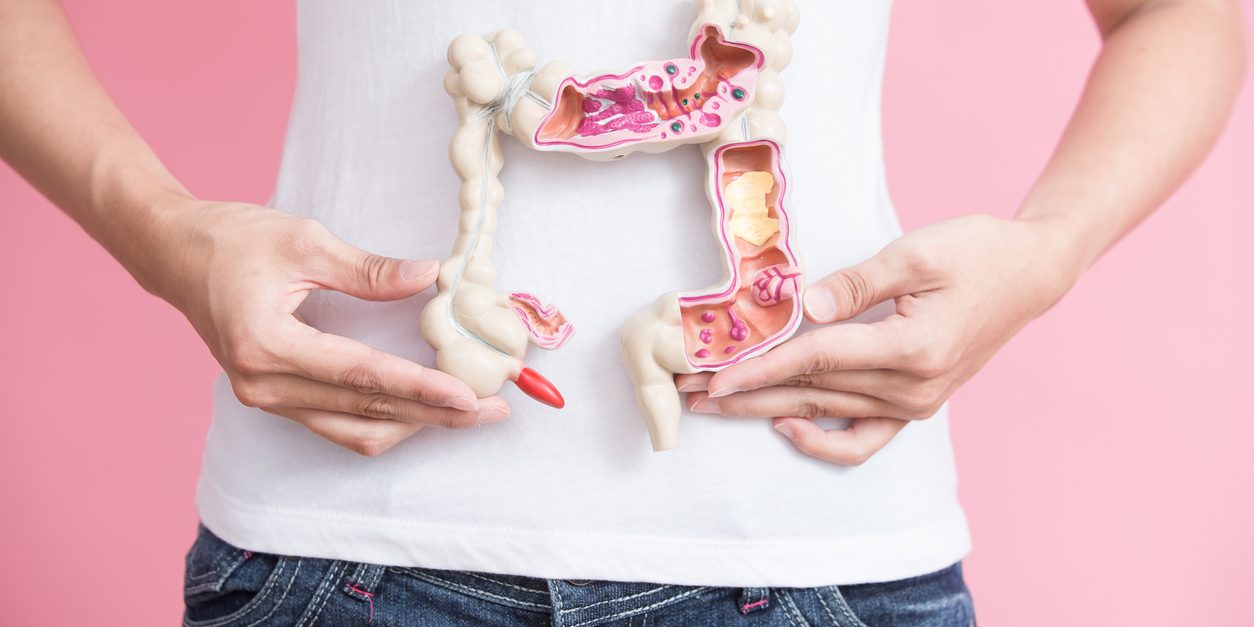If you have been experiencing increased pain around your lower abdomen or strange cramping in your belly, you may be showing signs of an intestinal adhesion. While intestinal adhesions usually do not present with obvious symptoms, patients often cite lower abdomen discomfort during their initial appointment. These adhesions can be quite severe, so be sure to continue with your regularly scheduled doctor appointments and consider scheduling a visit to a gastroenterology doctor if your symptoms persist. Intestinal adhesions can be caused by a variety of factors and symptoms are determined on a patient by patient diagnosis. While intestinal adhesions can be dangerous and very painful, it’s important to know what they are, and what causes them to form in your body. Find out more information when you read our informative description of intestinal adhesions and how they are formed! If you are concerned that you may have an intestinal adhesion, contact your Los Angeles gastroenterology doctor, Dr. Tabib right away to arrange a check-up.
What are Intestinal Adhesions?
On a relatively small scale, intestinal adhesions are linked to indigestion and diarrhea, and the symptoms are similar in all cases. Severe intestinal adhesions, however, can cause more serious problems, as they can transform from a minor consistency into a collection of fibrous tissue that can band together and loop the intestines to other abdominal organs, which causes intense blockage. If left untreated, intestinal adhesions can cause sections of your intestines to move out of place, block the smooth passage of food through your system, and obstruct large areas of your intestines.
Your intestines should be smooth surfaces, and when they develop a more sticky or rough exterior, your body is unable to digest food easily, the coarse exterior causing your internal organs to begin attaching to one another. This process leads to numerous complications in your abdominal area and can cause a great deal of discomfort and severe pain in patients who are not treated.
Often, intestinal adhesions do not present symptoms, and when they do, they are symptoms that could be linked to several other problems. Symptoms of significant adhesions include abdominal cramping, vomiting, an inability to pass gas, and consistent constipation. When your intestines loop, they can cause infertility in women, as they block the release of an egg to the uterus. To treat adhesions, your Los Angeles gastroenterology doctor will have to use a specific kind of x-ray or CT scan with barium contrast dye to locate the exact location of the adhesion and perform a surgery to undo any of the damage that has resulted. Dr. Tabib will decide whether to perform a laparoscopic surgery, or an open surgery to treat your adhesions based on where the block is located, and how severe it is.
How are Intestinal Adhesions Formed?
Intestinal adhesions can form at birth, but most are a result of an abdominal surgery or inflammation around your midsection. These adhesions must be dealt with through surgical methods, especially when they become increasingly painful for the patient and lead to serious symptoms. Adhesions that require surgical attention include tissue incisions that involve the internal organs, adhesions that have caused a drying of the internal organs and tissues, internal tissues encountering foreign objects during surgery, and blood clots that were not properly cared for during a previous surgery. Uncommon formation of intestinal adhesions can result from a rupture in your appendix, cancer radiation treatment, infections from a gynecologist visit, and any abdominal infections. In extremely rare cases, adhesions form without a specified cause. If you are looking for adhesion treatment, find a Los Angeles gastroenterology doctor to help diagnose and treat your adhesions quickly and efficiently when you call Dr. Tabib today!



